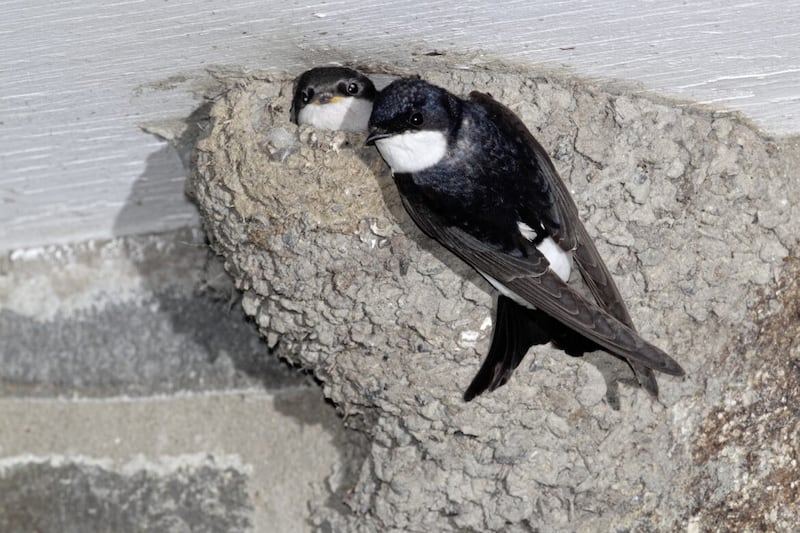WE PASSED the spring or ‘vernal’ equinox on Saturday last, March 20, which occurred at precisely 9.37am, when daylight and night hours were equal.
This astronomical juncture represented the third date spawning spring’s arrival, following on from the ancient Celtic date of February 1, and March 1 from the meteorologists. With the arrival back from Africa of our first summer migrant, the chiffchaff, which I heard sing on the same day, spring’s presence is now confirmed.
Thinking of time, its passing and how we interact and live with it, I am always drawn back to the wise words of a former pupil of mine from many years ago. When encouraging him to make some haste and get on with a written activity I had set him and the class, he calmly and sagely replied, "Master, when God made time, he made plenty of it". In other words, what’s the rush?.....there’s plenty of time.
I could only laugh within and reflect on his comments, which revealed much about how we engage with and accompany time.
We’ve all been waiting and looking forward to spring’s arrival, this year perhaps more than ever, for the new life and rebirth it brings. Free from winter’s grip, we embrace the light and begin to enjoy the sounds and colours that come with nature’s reemergence.
From the earliest of times, we have, as human beings, continued to frame much of our lives through the arrival and passing of the seasons, often using the natural world as the instrument of measure. The first hunter-gatherers to arrive on Irish soil after the last great Ice Age followed the trajectory of the sun through the sky to determine the time of day, with its changing position also reflecting the shifting year and seasons.
Later the Celts too looked skyward for migrating birds, the wild geese and our long-lost cranes, to anticipate and prepare for the seasons. They watched carefully and predicted events based on how the birds flew and called out. They observed the nuanced changes all around them in the natural world, leaf burst, animal behaviour, the growth of fruits and presence of seeds and nuts.
These emergent societies of druids and seers defined their year by the twofold division of summer or ‘Bealtaine’ and winter, ‘Samhain’, celebrated as important festivals based on agricultural activities and natural change.
It is clear those early communities were very much aligned with the natural world, always taking time to observe it closely and respect its rhythms.
As the hour changes and the clocks are turned forward by one hour in the early hours of tomorrow morning, we look to enjoy the ever longer days and all they bring. Much of our time will be spent referencing points of ‘time’ as we watch the first flowers, like celandine and primrose continue to reveal their bright colours, listen out for the first call of the cuckoo, wait on the first swallow, butterfly, wriggling tadpoles, or playful lambs in the fields.
Spring offers us so much to see and hear but only if we take the time, that precious gift which Van Morrison says ‘is slipping away’ in his song, Precious Time.
The Book of Ecclesiastes, tells us, ‘There is a time for everything, and a season for every activity under the heavens’. Now is a time of hope and opportunity after an unforgettable year and, also maybe the time to be more present to the joys of nature around us.
I’ll leave the last words to my former pupil again, ‘When God made time, he made plenty of it’.







